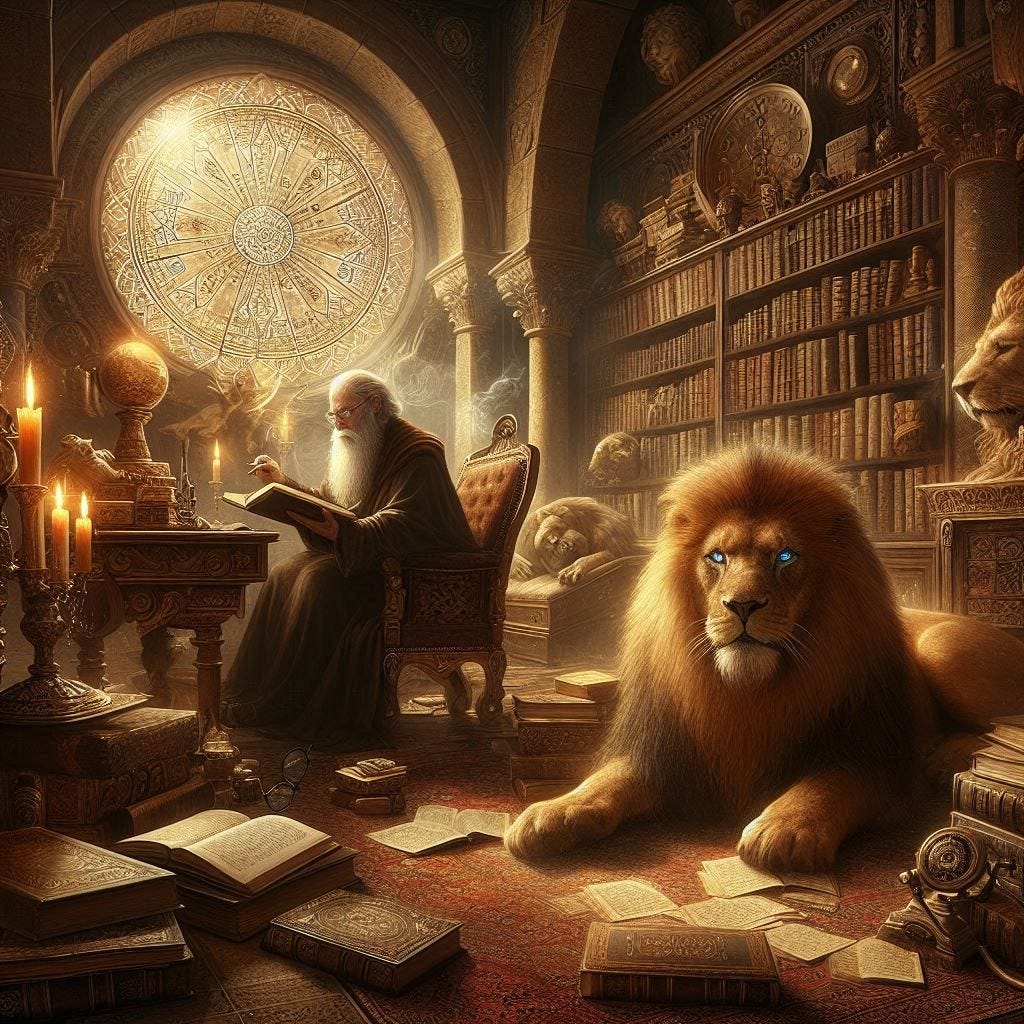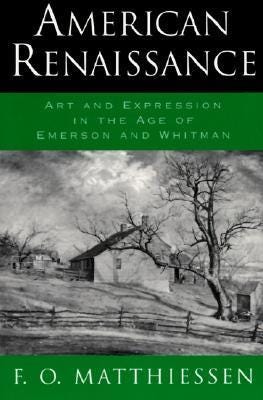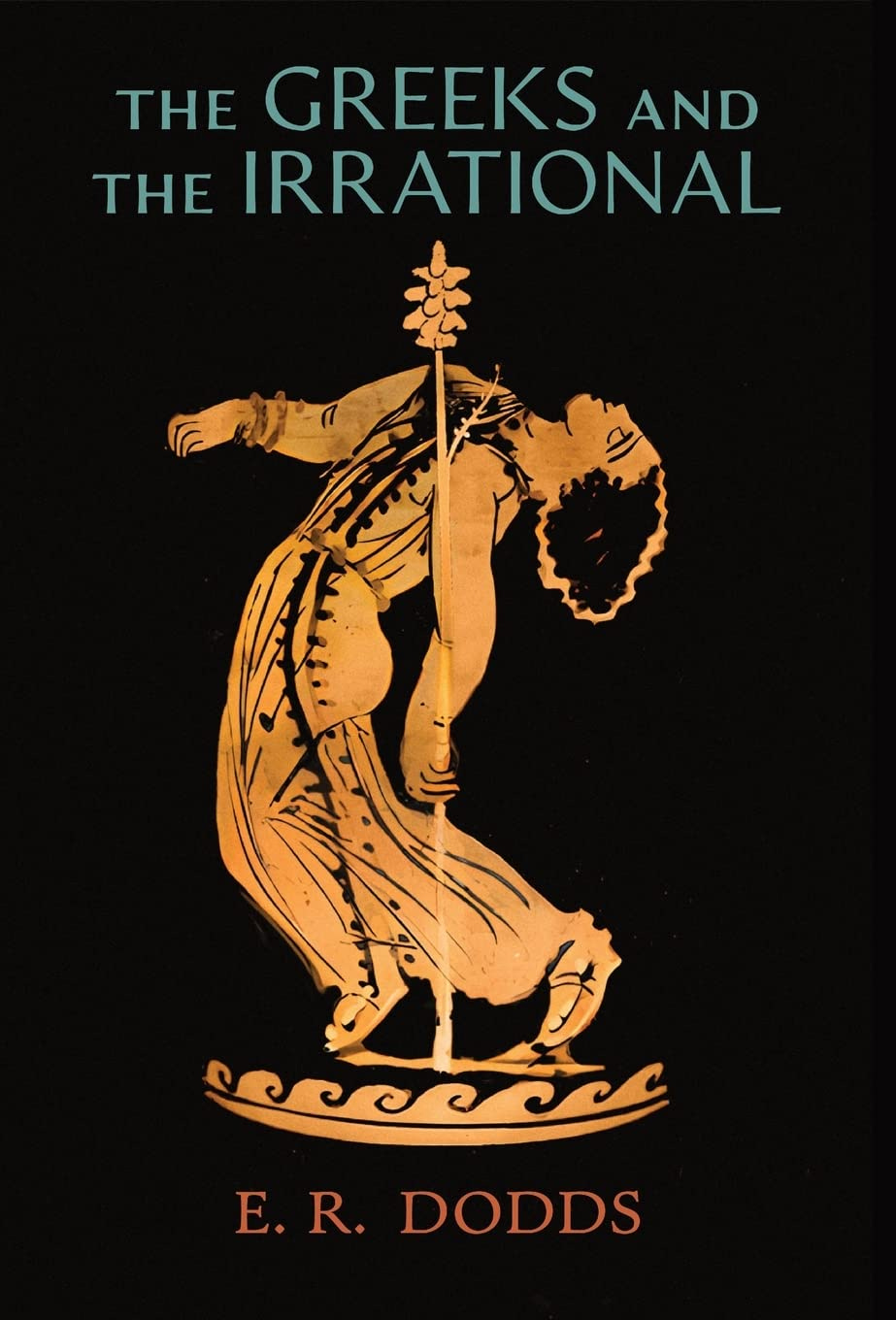The books that inspired me
From Marcus Aurelius to Jeffrey Kripal
An American friend who works in psychedelics told me that when she mentions my newsletter people sometimes said ‘what’s his agenda, where is he coming from?’ In fact, this newsletter has grown a lot since it launched 18 months ago, and I suppose most new readers don’t know much about me or ‘where I’m coming from’, so I thought I would share some of the key books that have shaped my intellectual journey and attitude to psychedelics and ecstatic experiences.
When I was a teenager, the most important books in my life were Aldous Huxley’s Perennial Philosophy, Tom Wolfe’s Electric Kool-Aid Acid Test, and DH Lawrence’s The Rainbow. I read, re-read and underlined these books and they were my unofficial Bible.

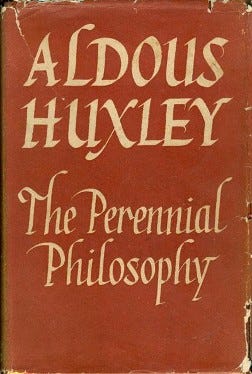
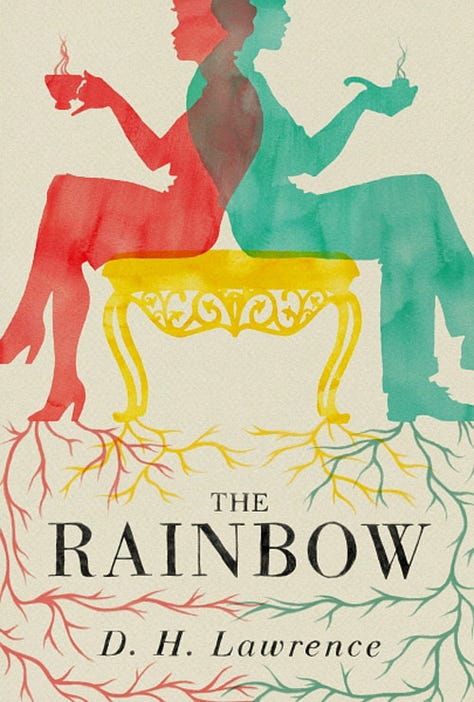
I went to an English boarding school where you had to go to church every day. And while I enjoyed the hymns, and was in the choir at prep school, I was never convinced by Christianity. I refused to get confirmed when I was 14 and told my god-parents I was a Buddhist. I was drawn to Aldous Huxley’s idea that there are many paths up to the mountain, all leading to the same ultimate divinity (some of my ancestors were Quakers, and they believed the same thing).
Huxley, in fact, attended the same school and was a teacher there – one of his pupils was George Orwell. I loved the Perennial Philosophy’s road-map of mystical practices, and I was also fascinated by his later idea that psychedelic drugs could provide be a fast-track up the divine summit. And the Merry Pranksters – a group of young people exploring consciousness together through drugs – seemed the perfect way to live.
I was at boarding school from 1990 to 1995, the tail-end of the acid house movement that began in the late 1980s, and while I was at the school there was a sort of epidemic of drug-taking among the bright, young things – cannabis, MDMA, LSD, magic mushrooms. When we were 16, my friends and I would go clubbing in London at places like Club UK and Megatripolis, and I still love 90s electronica – Orbital, Underworld, Chemical Brothers, Prodigy, Carl Cox, Metalheadz and so on.
We also quickly experienced the darker side of drug culture. One friend had a psychotic episode after smoking too much dope and taking too much LSD, and never recovered. Another friend died of a heroin overdose. And many others experienced psychedelic freak-outs, including me – I had a bad trip when I was 18 that left me feeling traumatized. It took me several years to recover, and I felt really frightened and alone. The memory of that intense suffering basically drives my work with the Challenging Psychedelic Experiences Project.
At 18, I went to Oxford to study English literature. I was particularly inspired by the work of the American transcendentalists – Emerson, Whitman, Thoreau, and especially the transcendentalist sceptics, Hawthorne and Melville. I loved F.O Matthiessen’s book about that movement, American Renaissance. My favourite writer in the degree was Shakespeare, by miles. I loved his scepticism, his restless questioning of everything, his magical agnosticism. Good books on him include Harold Bloom’s Invention of the Human and Stephen Greenblatt’s Will in the World.
At that stage my life plan was to be a poet, novelist or screenwriter. None of that occurred – I lacked the capacity to invent fictional characters. Instead, aged 22, I decided to be a journalist. I was inspired by Tom Wolfe’s idea of ‘new journalism’ – ie long-form journalism that draws on the techniques of the novel. Examples of that genre that have meant a lot to me are Hunter S Thompson’s Fear and Loathing in Las Vegas, Jon Ronson’s Them (a brilliant early exploration of conspiracy culture) and Michael Lewis’ Liar’s Poker.
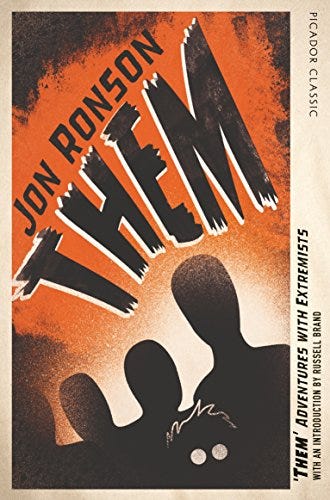
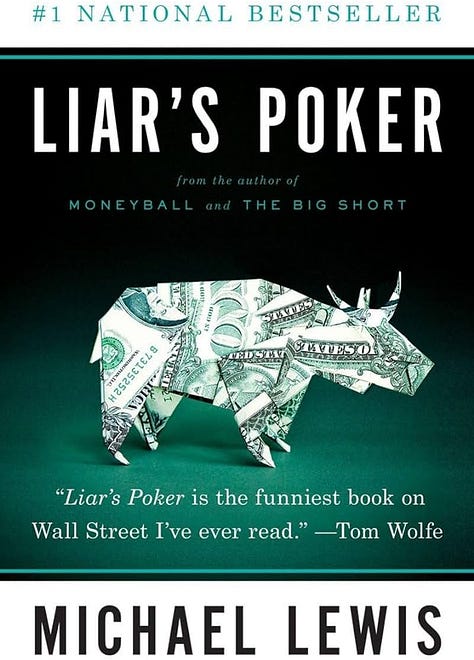
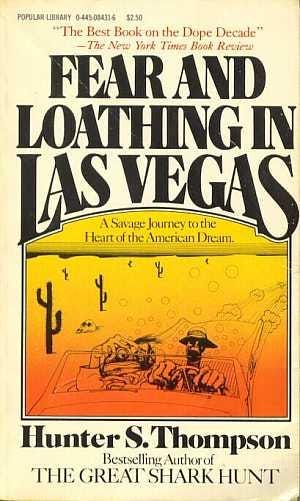
The only job I could find in journalism was at a business magazine, so I started off writing about capital markets and structured finance – watching the securitization market balloon in the years before the 2008 sub-prime crisis. Meanwhile, my mental health was still declining from the bad trip when I was 18, and I experienced social anxiety, paranoia, and general existential angst.
Things started to turn around when I was 24 or so, thanks to a near-death experience which persuaded me that what was causing my suffering was not a broken brain but my beliefs – which it was in my power to change. That insight also led me to Stoic philosophy and Cognitive Behavioural Therapy. I began to get better.
In 2002, while working as a business journalist in London, I was discovering ancient Greek culture – the Stoics, Plato, the Sophists, and the plays of Sophocles. Sometimes myths can help us heal, and the myth that really helped me was a play by Sophocles called Oedipus at Colonus. It’s a ‘hopeful tragedy’ in that the hero goes through something awful, is punished by the Gods and cast into the wilderness, but ultimately finds healing and grace. One of my favourite books on ancient Greek culture, by the way, is ER Dodds’ The Greeks and the Irrational. It’s fascinating on how this very rational culture incorporated the irrational through mystery cults, and how the rational and irrational related and even supported each other.
In 2004, I abruptly moved to Moscow in Russia, and became a freelance journalist. This was the moment Putin’s Russia was at the peak of its popularity with western investors. I knew people like Sir Bill Browder, today an implacable enemy of Putin but back then his biggest fan. I met journalists who went on to write great books, like Catherine Belton and Oliver Bullough, although I was myself a very minor business journalist who barely spoke Russian and did not make much of an impact. I loved my time in Russia and loved my Russian friends, but living in Putin’s regime taught me what it's like to live in a gangster state where the powerful can kill journalists and rob their citizens with impunity. Westerners who are attracted to strong-man politics today have no idea what it’s like to live under such a regime, how vulnerable you are when your rights are taken away. At the same time, I loved Russian spirituality and culture – my favourite book about Russia was probably Natasha’s Dance, by cultural historian Orlando Figes, and my favourite novel is still Tolstoy’s War and Peace.
When I turned 30 in 2007, I moved back to London and started writing about what I really cared about - philosophy, psychology and religion. I launched a blog called the Politics of Well-Being, focused on the revival of ancient Greek philosophy in modern life, and how Stoicism and Aristotelianism influenced CBT and Positive Psychology. The book that most inspired me (apart from the classic texts of the Stoics) was a book called Philosophy as a Way of Life by French philosopher Pierre Hadot. He described how ancient Greek philosophy was less a theory and more a set of ‘spiritual exercises’ to be practiced each day to transform the self. It’s had a huge and positive impact on academic philosophy.


